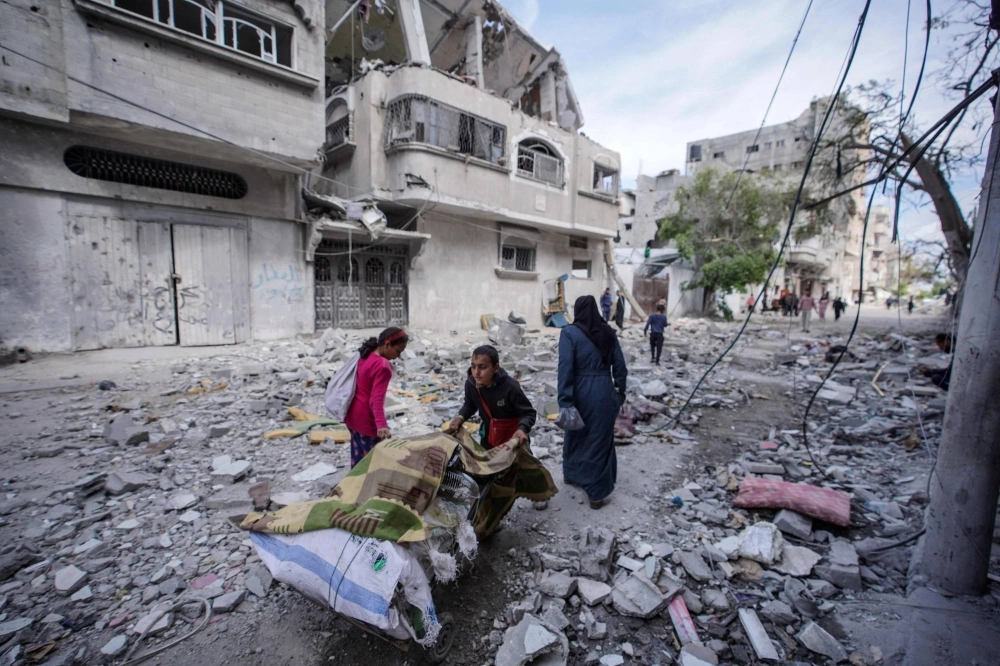Israel has fallen into Hamas’ trap.
The government of Prime Minister Benjamin Netanyahu has waged a brutal war in response to the group’s savage Oct. 7 terror attacks. While Hamas senior leadership has been targeted, Palestinian civilians have borne the brunt of the pain, turning international opinion against Israel and shifting the moral calculus of the conflict — as Hamas intended.
Israel must wake up to the suffering it is inflicting on innocent people and the damage it is doing to its image and reputation. Its government must become much more careful about how it wages this war while defending its national security and very right to existence. A better balance of interests is hard, but it is not impossible; the Israeli government has few more important obligations.

















With your current subscription plan you can comment on stories. However, before writing your first comment, please create a display name in the Profile section of your subscriber account page.